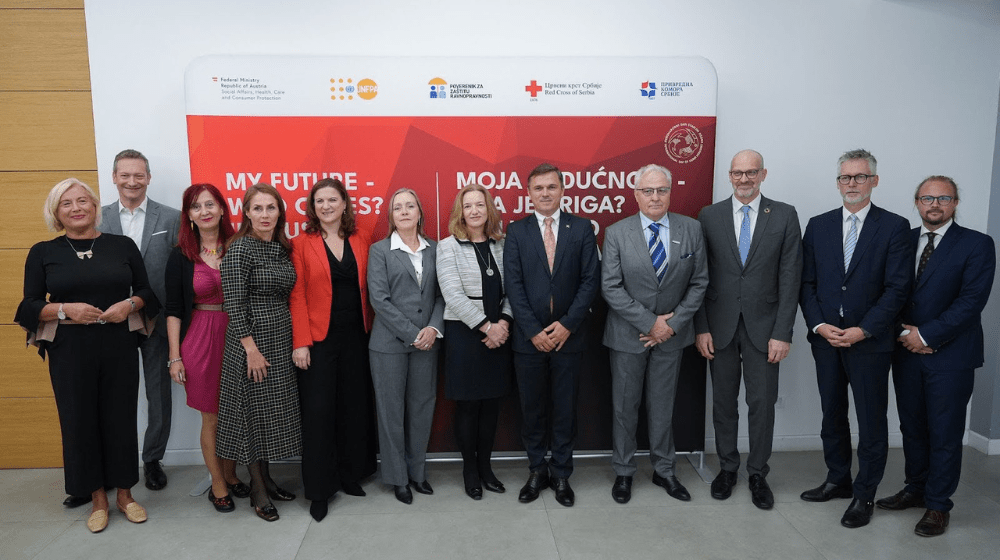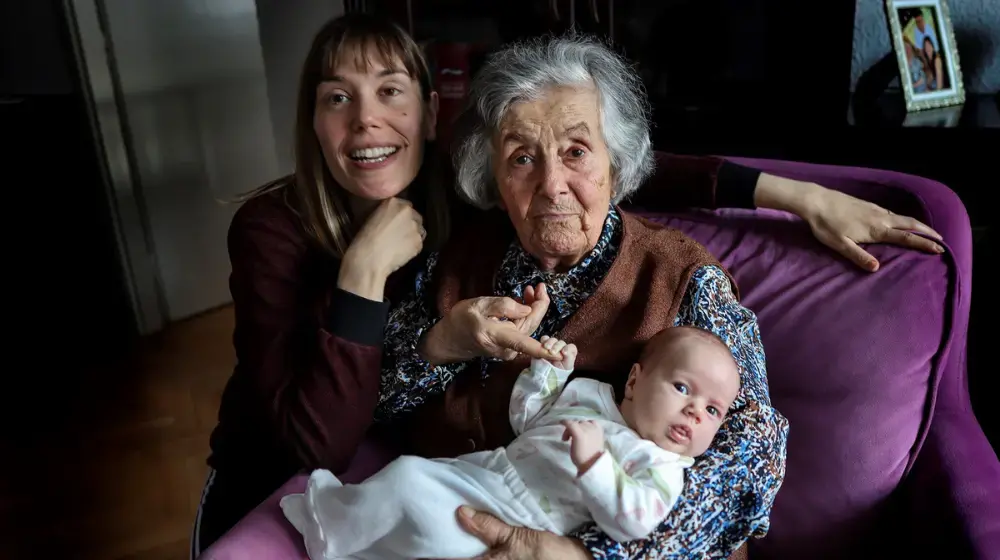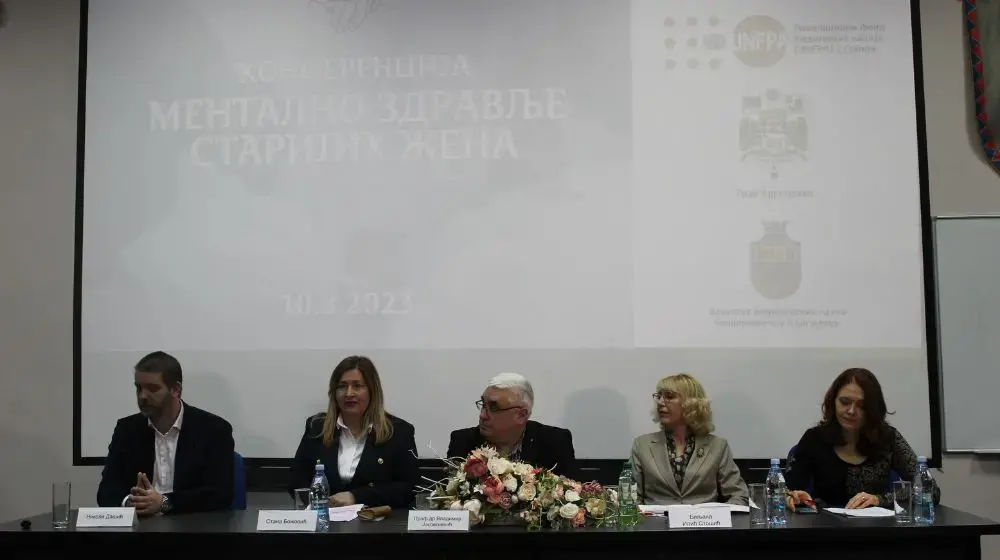Belgrade, 04.10.2024 - Marking the International Day of Older Persons: "My Future – Who Cares? Inclusive Society for Older Persons" Conference
As the global population continues to age, the need for inclusive policies and support for older persons has never been more important. The conference, titled "My Future – Who Cares? Inclusive Society for Older Persons," held on October 4, 2024, at the Chamber of Commerce and Industry of Serbia, brought together experts, policymakers, and advocates to address these critical issues. This conference offered a platform to discuss innovations in long-term care, promote active and healthy aging, and explore the role of digital literacy among older people.
The aging demographic presents both challenges and opportunities for societies across the world. In Serbia, it is estimated that by 2041, almost one in four people will be over 65. This demographic shift calls for a focus on empowering older persons to lead dignified, active lives.
"Across Europe and Western Balkan countries, populations are aging rapidly. While many older persons can expect longer and healthier lives, it's crucial that they are viewed not as passive recipients of care or a burden, but as active, valuable contributors to society. We also need to tackle the challenges older people face while supporting the 'silver economy' to unleash their potential for meaningful contributions to our communities and economies. By leveraging innovative solutions, we can enhance productivity, foster inclusion, and harness technology to bridge gaps and reduce inequalities," underlined Justine Coulson, Country Director of the United Nations Population Fund Serbia.
The conference served as a collaborative platform to reinforce Serbia's commitment to building a more inclusive and supportive society for older persons.
"We reaffirm our commitment to building an inclusive society for older persons. The new decision by the Open-Ended Working Group on Ageing is a critical step toward a convention that upholds their rights. Supported by the UN, Serbia's adoption of the National Youth Strategy 2030 and the Strategy on Active and Healthy Aging reflects our dedication to addressing demographic challenges and promoting intergenerational cooperation. As we advance under the 2030 Agenda for Sustainable Development, our message remains clear: no one should be left behind”, emphasized Matilde Mordt, UN Resident Coordinator in Serbia.
“Demographic changes and aging are one of the most important topics for the future of all of us. It is necessary to adapt to new conditions in the provision of different types of services, use innovations and continuously meet the needs of older persons, using the achievements of science and technology in the service of the good. We must not allow older persons to be excluded from the society they themselves created, but it is necessary for them to be included in all the processes of creating and implementing policies that are important to them”, highlighted Brankica Janković, Commissioner for Protection of Equality.
“Ageism is an obstacle to the adoption and use of digital technologies. Stereotypes and prejudices about the ability and willingness of older people to use digital technologies are widespread and often portray older persons as technophobes. Solving this issue requires the participation of the public, civil, and private sectors, as well as older persons themselves," said Nataša Todorović, Psychologist of the Red Cross Serbia.
Among others, H.E. Christian Ebner, Ambassador of the Republic of Austria to the Republic of Serbia, spoke at the conference, along with Sandra Konstatzky, Director of the Ombudsman for Equal Treatment of the Republic of Austria; Andreas Schaller, Head of the Department for Bilateral Relations and International Affairs of the Federal Ministry for Social Affairs, Health, Care, and Consumer Protection, Republic of Austria; Prof. Dragan Radovanović, President of the Red Cross Serbia; and Mihailo Vesović, Director of the Sector for Strategic Analysis, Services, and Internationalization at the Chamber of Commerce and Industry of Serbia.
Organized by the Office of Attaché for Social Security, Health and Consumer Protection of Republic of Austria in Serbia, the United Nations Population Fund in Serbia, the Commissioner for Protection of Equality, the Red Cross of Serbia, and the Chamber of Commerce and Industry of Serbia, this conference reaffirmed the commitment of multiple organizations to the rights and dignity of older persons.





